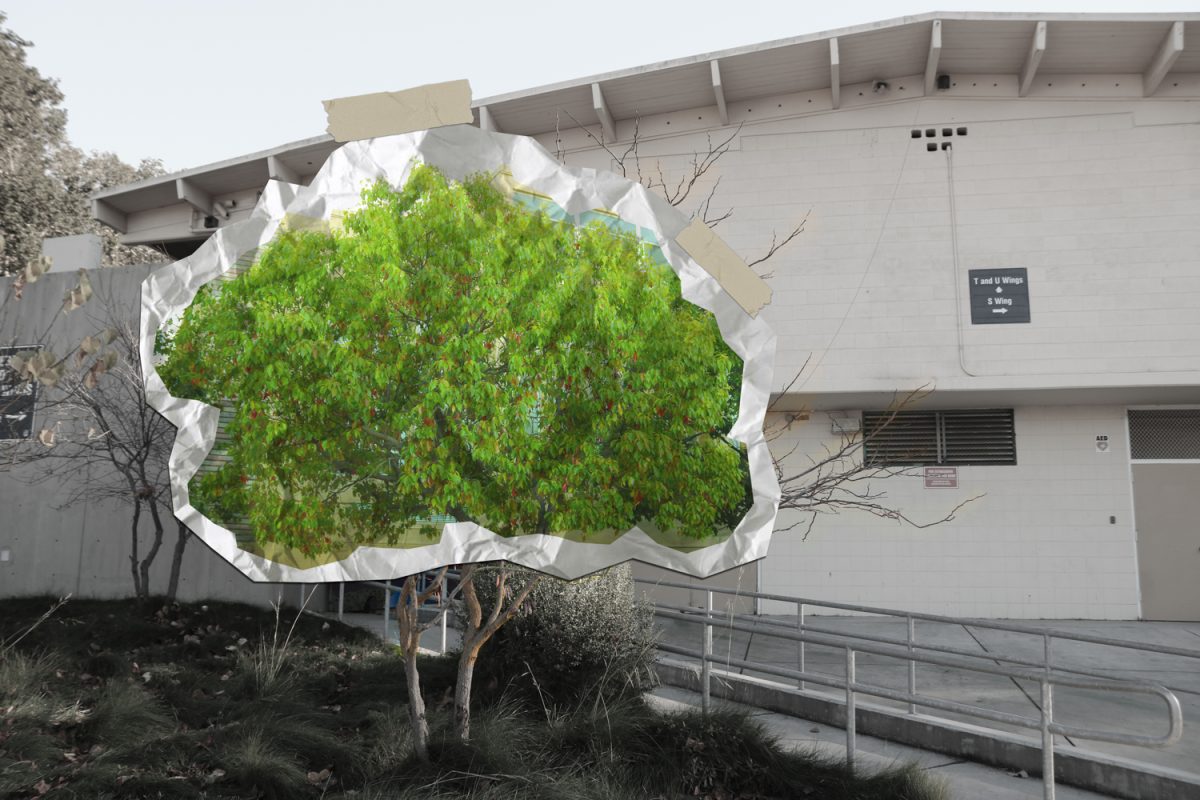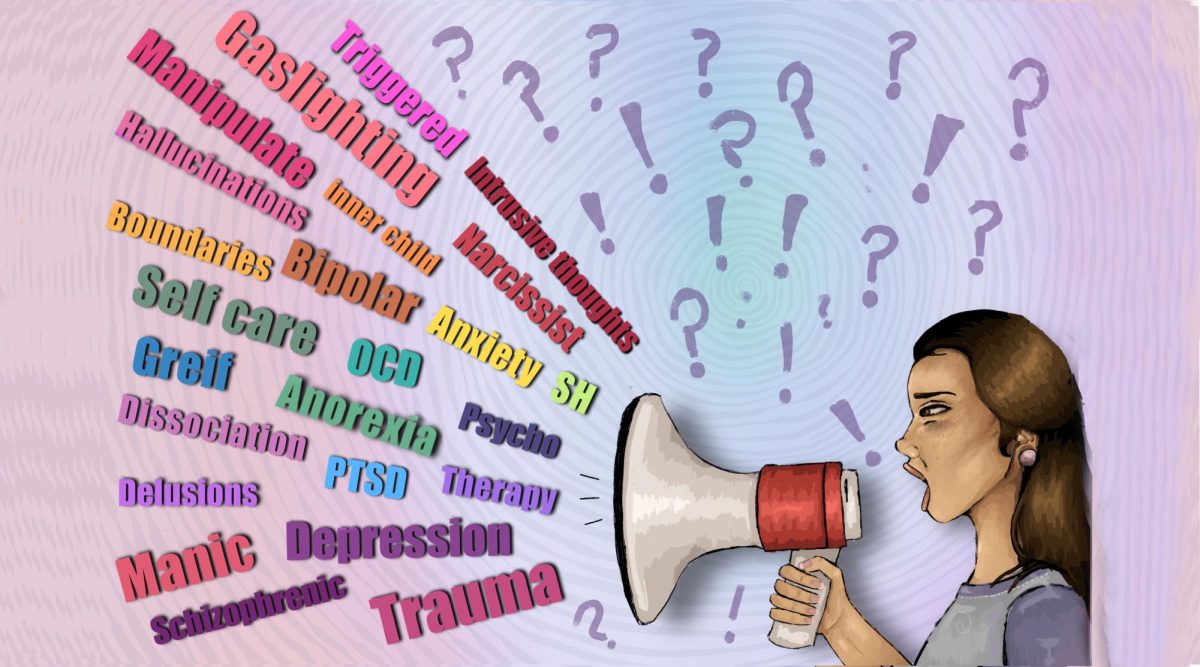According to The Huffington Post, “Satire news is increasingly overtaking mainstream news as a source of voter information, especially for younger and left-leaning voters.”
Satire, which is defined as the use of humor, irony, exaggeration, or ridicule to expose and criticize people’s stupidity or vices, is often used by entertainment media to mock establishments or people in power.
In recent years, satirical shows such as “Last Week Tonight” and “The Daily Show” have grown more news-focused and politically charged.
Ezekiel Licudine, a sophomore, said, “I think political satire appeals to many people who share a somewhat comical but constructive view on their point in politics. The way the satire is presented is also a factor.”
Many have voiced the opinion that without humor, political topics often become boring and tedious to follow.
As a result, political satire has grown in popularity.
Shows such as “The Daily Show,” “Last Week Tonight,” and “The Colbert Report,” have been unofficially dubbed as “fake news” despite the fact these shows are not intended to serve as journalism.
Freshman Loren Meza said, “I think the reason these political satire shows are often confused with or labeled as journalism is because they both seem to follow the same processes. The point of satire isn’t to inform, it’s to entertain. Their goal isn’t to teach you something about politics, it’s to demean the system to make you laugh at it.”
Since comedy is a source of entertainment, many viewers are quick to brush aside the significant impact satire can create. Viewers and critics have pointed out that satire, especially in regard to politics, has emerged as a prominent news source in America.
“It’s nice to have a huge piece of media agree with you and make you laugh at the same time,” said Meza.
His statement rings true in accordance to feedback given from television audiences across America.
A poll held by The Hollywood Reporter reports that overall 65 percent of viewers of satirical television shows agree that such shows impact political opinions and beliefs.
According to PEW Research Center, “The Colbert Report” and “The Daily Show” have relatively young audiences when compared to traditional news sources such as The Wall Street Journal and The New York Times. These shows, which mimic traditional late night news programs, have been praised for their journalistic value.
Most hosts of such shows deny their impact. Jon Stewart, the former host of “The Daily Show,” states that he is a comedian rather than a newsman.
In a Hartford Advocate interview, Stewart said, “People would like to place a standard on our show that doesn’t exist. We’re not set up for reporting; we don’t have an apparatus for that […] Just because we hit on points that resonate, or people think are real complaints—that doesn’t make us journalists.”
John Oliver, who was previously a correspondent on “The Daily Show” and is now the host of “Last Week Tonight,” also denies any intention of journalism.
Oliver said, “No. There’s a pretty simple answer to that. No, it is not [journalism]. We are a comedy show, so everything we do is in pursuit of comedy.”
Oliver first became recognized by mainstream media after he left “The Daily Show” to host “Last Week Tonight,” a comedy show which often devotes entire segments to explaining and criticizing topics such as capital punishment, net neutrality, immigration reform, and televangelism.
Sophomore Giovanni Smith said, “[While] these shows are not the best sources, they do bring some topics into the spotlight and could encourage some to do their research.”
In fact, young people who tune into political comedy are more likely to seek out additional information from traditional sources, follow political campaigns, and participate in politics.
Maven Andrade, a junior, said, “[A] show’s main purpose is to provide comedy, but they’re still a good way of getting people educated about current events. Humor is a good device to help engage people, and in an increasingly political climate, people should be as engaged as they can.”
According to PEW Research Center, 12 percent of Americans online claim that “The Daily Show” is a news source they consistently turn to.
Some consequences of this type of media consumption include the fact that the news created by such shows are heavily biased and exaggerated for comedic effect. While it may be easier to learn from an entertaining figure, it’s important to recognize which sources intend to inform and which strive to do nothing more than entertain.













